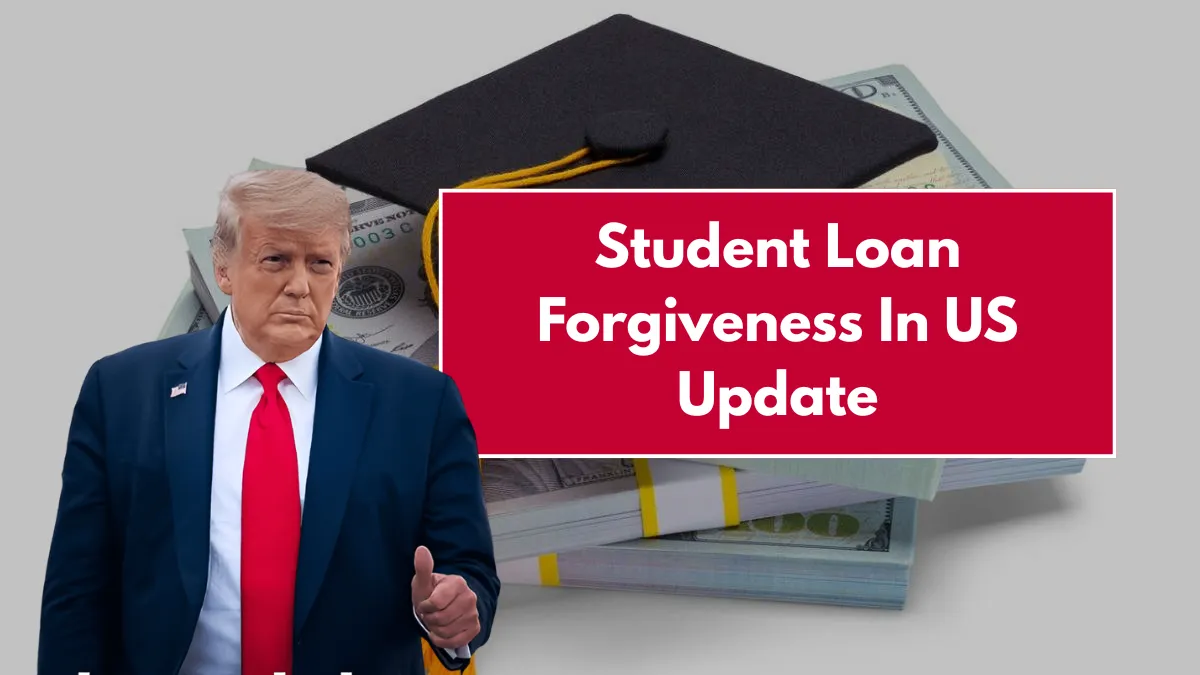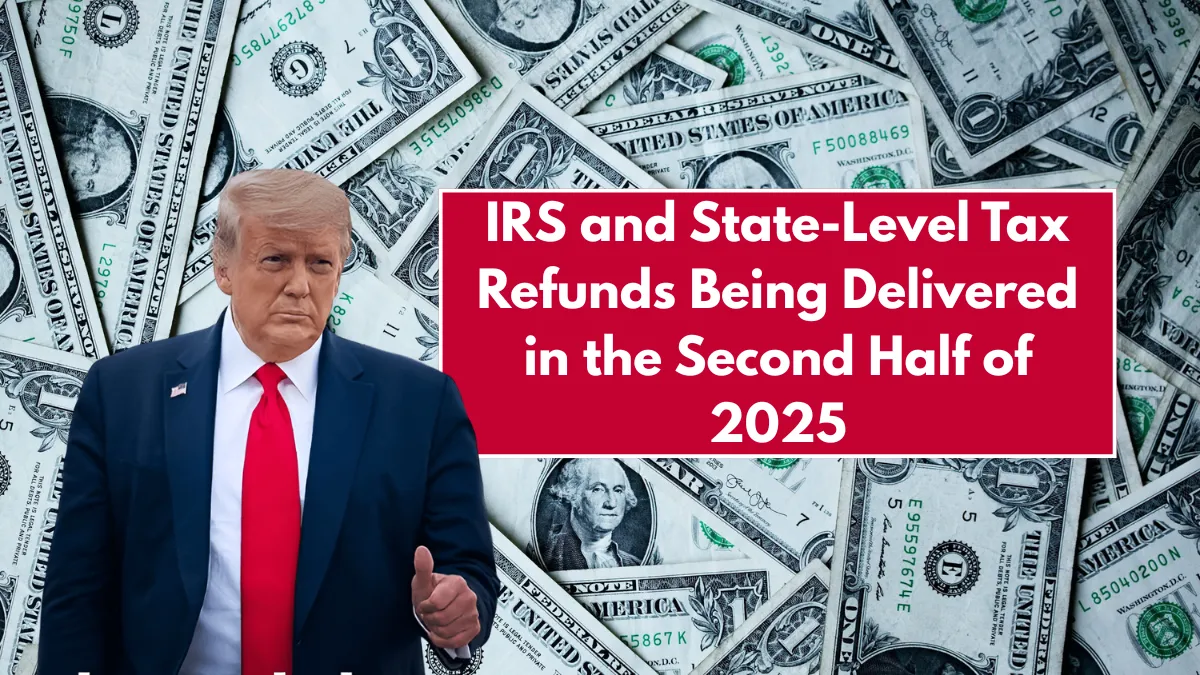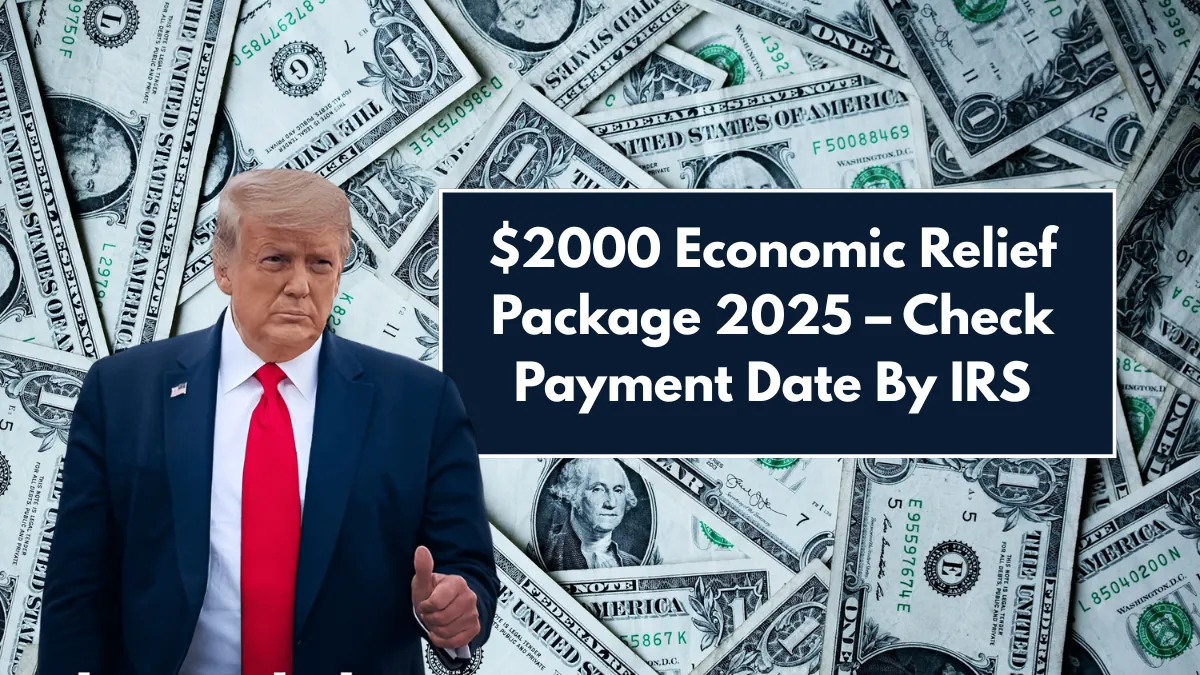While exact details about the Student Loan Forgiveness plan for June 2025 are still unknown, it is expected to follow a market-driven model supported by former President Trump. This approach focuses on personal responsibility and limited government involvement.
The plan might continue to hold schools accountable for the success of their graduates and promote repayment strategies based on income, timely payments, and transparent educational expenses. The goal is to support economic stability while addressing the needs of borrowers, schools, and taxpayers.
The U.S. Department of Education, after halting federal student loan collections since March 2020, plans to restart collections for defaulted loans on May 5, 2025. This decision aims to protect taxpayers from covering debts that borrowers chose to take on for their education.
What to Expect from the Student Loan Forgiveness Plan in 2025
The upcoming Student Loan Forgiveness Plan for 2025 is expected to focus on a system that promotes individual responsibility with less government control. Though specific information is still pending, the general strategy may include holding educational institutions accountable for the results of their students.
Earlier proposals supported plans like income-based repayments, rewarding on-time payments, and increasing the transparency of tuition fees. Targeted support may still be offered to low-income borrowers and public service workers.
The overall plan reflects the emphasis on accountability and fiscal responsibility seen during Trump’s presidency. Continue reading for the latest developments and details on this initiative.
Key Information About the 2025 Student Loan Forgiveness Plan
- Program Name: Student Loan Forgiveness Plan 2025
- Country: United States
- Year: 2025
- Category: Financial Aid
- Plan Name: Student Loan Forgiveness 2025
- Official Website: usa.gov
How Borrowers Can Handle Their Student Loans
Borrowers can explore different strategies under the 2025 Student Loan Forgiveness program. Below are some of the main options available:
Income-Driven Repayment (IDR) Forgiveness: Payments are based on your family’s income and household size. Any remaining loan balance may be forgiven after 20 or 25 years of repayment.
Teacher Loan Forgiveness (TLF): Teachers who work for five years at qualifying schools may get up to $17,500 in loan forgiveness.
Total and Permanent Disability (TPD) Discharge: Borrowers with serious disabilities that prevent them from working may qualify for complete loan cancellation.
Military and AmeriCorps Benefits: Members of the military and AmeriCorps may qualify for special programs, including interest rate caps and loan repayment assistance.
Recent Changes in Student Loan Forgiveness Rules
Simplified Repayment Plan: The Trump administration supported creating a single income-based repayment option. This plan would limit monthly payments to 12.5% of the borrower’s income and forgive the remaining balance after 15 years.
Ending Subsidized Loans: The plan also suggested eliminating subsidized federal loans that help low-income students, in favor of a system that aligns repayment with income levels.
Focus on Income Flexibility: Repayment plans would be designed to adjust to the borrower’s income, offering more flexibility.
No Widespread Forgiveness: Unlike the previous administration, Trump’s policies were not expected to include broad cancellation of student loans.
Stricter Public Service Loan Forgiveness Rules: The plan may also introduce tougher requirements for public service loan forgiveness eligibility.
More Oversight for Loan Servicers: Loan servicers may face tighter rules, which could change how borrowers interact with them.
Trump’s Approach to Student Loan Forgiveness in 2025
The actions of the Biden administration have shown strong support for wide-scale loan forgiveness, but the Trump administration is likely to avoid canceling all student loan debt.
Changes to Income-Based Plans: The Trump administration may scale back or remove certain programs like the SAVE (Saving on a Valuable Education) plan, affecting repayment choices.
Tighter Borrower Defense Rules: Rules allowing students to cancel loans due to school misconduct may be revised to favor educational institutions, making it harder to get relief.
Public Service Loan Forgiveness Uncertainty: Changes may also impact borrowers in public sector jobs, depending on how the forgiveness program is adjusted.
Common Questions About Student Loan Forgiveness in 2025
Who can get their student loans forgiven?
Borrowers with federal loans, especially those working in public service or with low incomes and large loan amounts, may qualify for loan forgiveness programs.
What types of loan forgiveness programs are available?
Programs include Teacher Loan Forgiveness, Public Service Loan Forgiveness (PSLF), and Income-Driven Repayment (IDR) plans, among others.
How do IDR plans work?
Income-Driven Repayment plans set monthly payments based on a portion of your income. If you make consistent payments, your remaining loan balance can be forgiven after 20 to 25 years.
Robby is a dedicated finance blog writer with a talent for breaking down financial concepts into clear, actionable advice. He covers everything from debt management and credit tips to investing and retirement planning, helping readers make confident money decisions. Robby's goal is to educate and inspire others to build lasting financial health.





